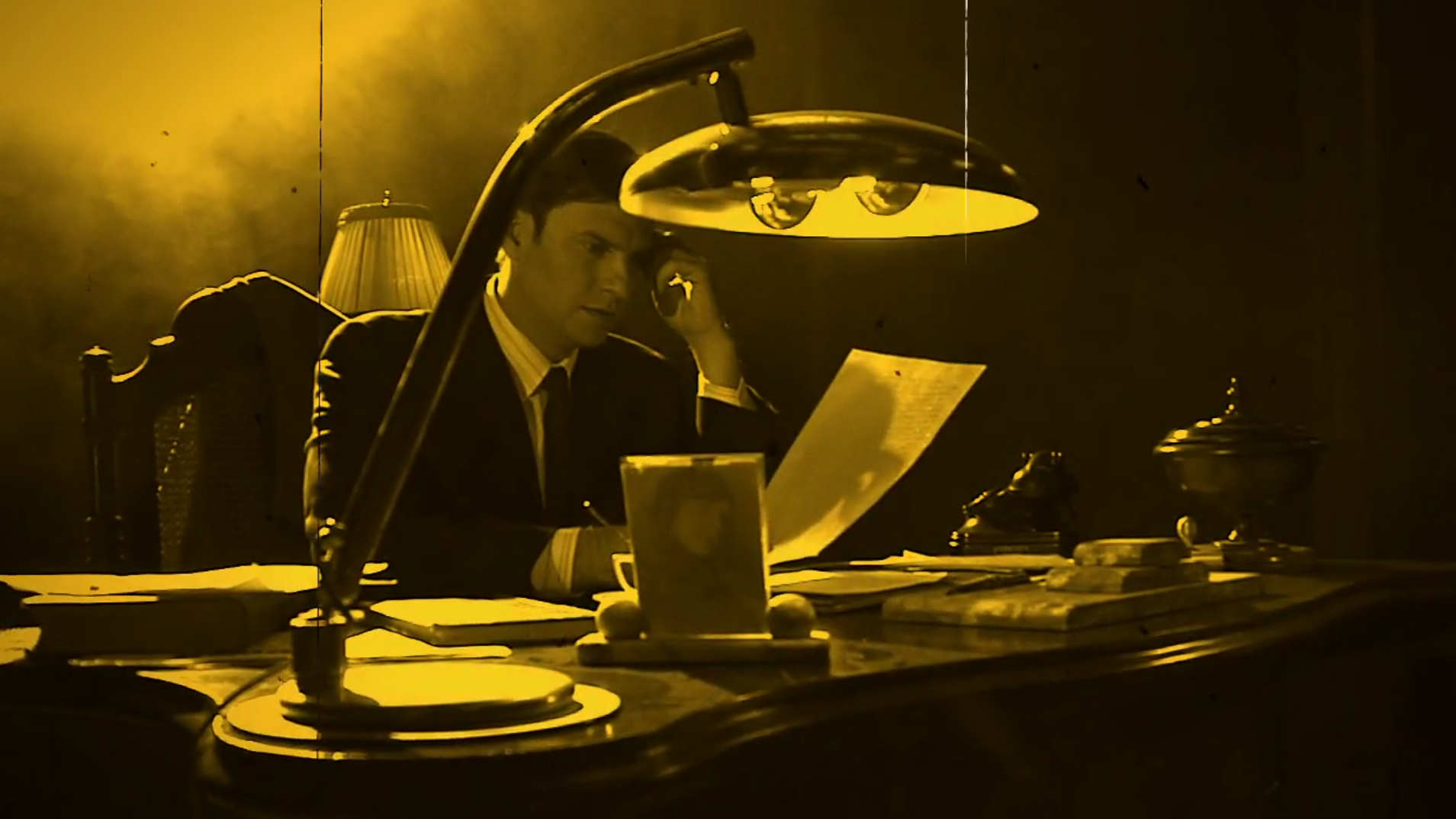The Lost European is a powerful tribute to Raoul Wallenberg that combines actual WWII footage with recreated scenes from the Swedish envoy’s extraordinary life, enhanced by modern-day interviews and colorful graphics. With spoken parts in both Hungarian and English (featuring subtitled translations for both languages), the hour-long film concisely recounts the circumstances of Europe and Hungary during the years leading up to the war and the Holocaust, along with Wallenberg’s globe-trotting path toward destiny as one of WWII’s most effective saviors of innocent Jewish civilians – before his mysterious disappearance in early 1945.
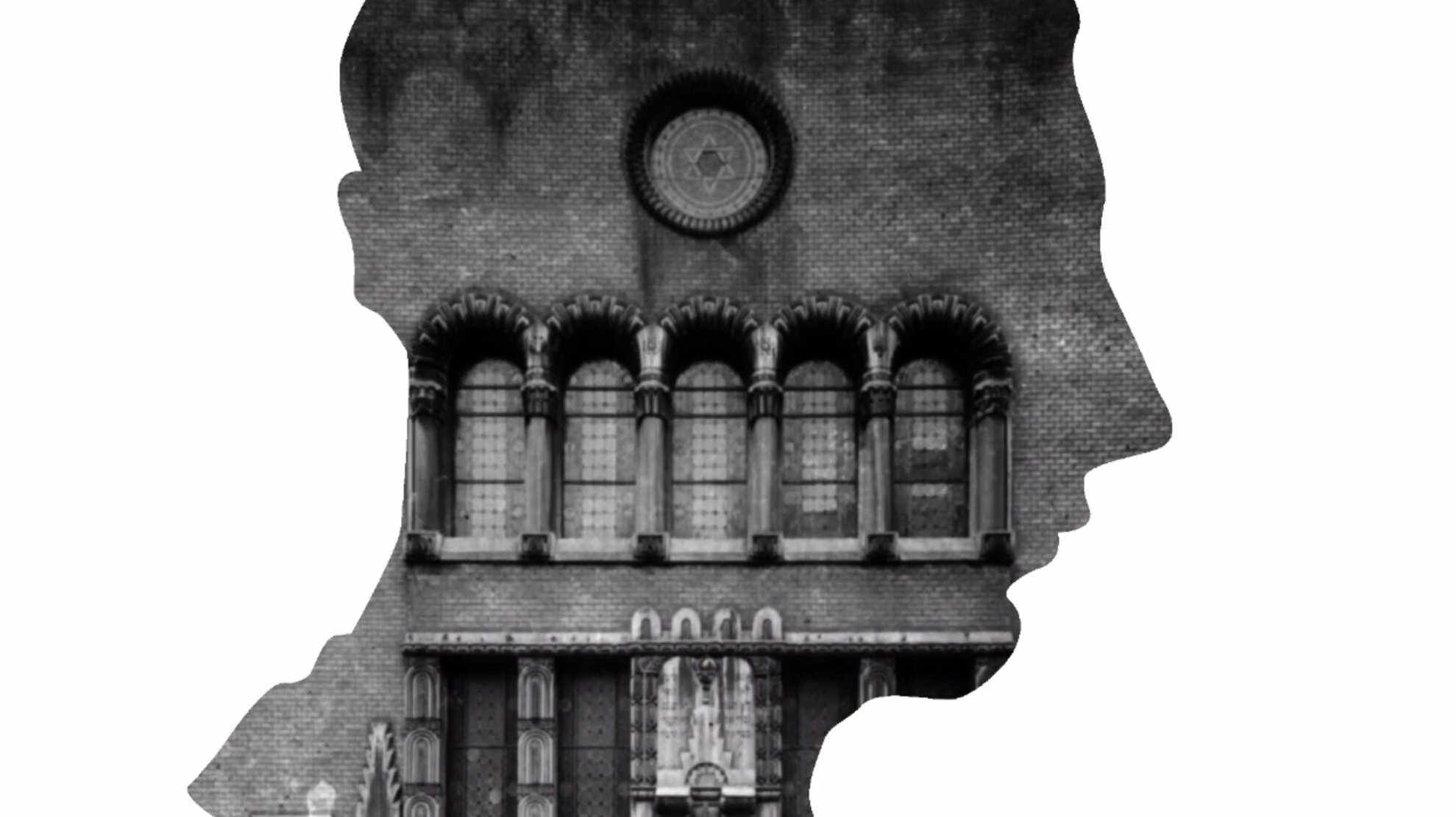
As the scion of an aristocratic Swedish family, Wallenberg was a well-traveled and sociable young man when he began working in Budapest as the representative of a Stockholm-based Jewish-Hungarian businessman during the early 1940s, learning to speak the local language and forging extensive connections here. By 1944, when the extent of the Nazis’ persecution of Europe’s Jewish population became disturbingly clear to the Allied powers, US President Franklin D. Roosevelt launched an initiative to help Hungary’s Jews through the cover of neutral Sweden’s diplomatic corps, with Wallenberg selected as mission leader.
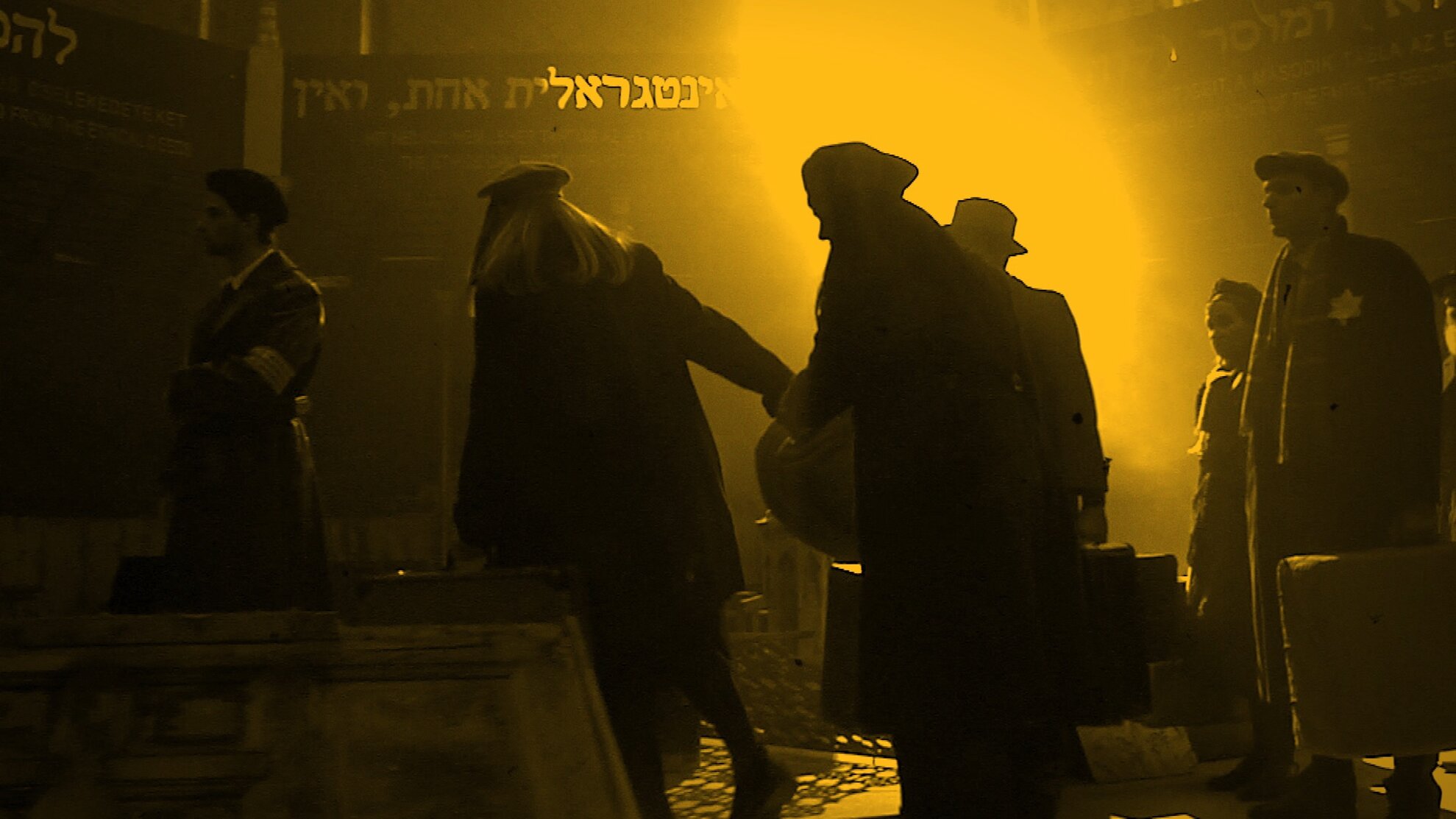
Under his humanitarian mandate, Wallenberg returned to Budapest in July of 1944, by which point anti-Semitic deportation operations were far advanced here. Wallenberg sprang into action by issuing thousands of “protective passports” to Hungarian Jews, stating that they were awaiting repatriation to Sweden and thus preventing their expulsion to Nazi annihilation facilities. While these documents were not actually legal, they looked genuine enough to gain acceptance by German and Hungarian authorities, sparing the lives of those fortunate enough to obtain one of the passports. Furthermore, Wallenberg managed to rent over 30 buildings across Budapest in the name of the Swedish government and declare them as protected by diplomatic immunity, using them to provide shelter to some 10,000 Jewish Hungarians through the end of WWII.
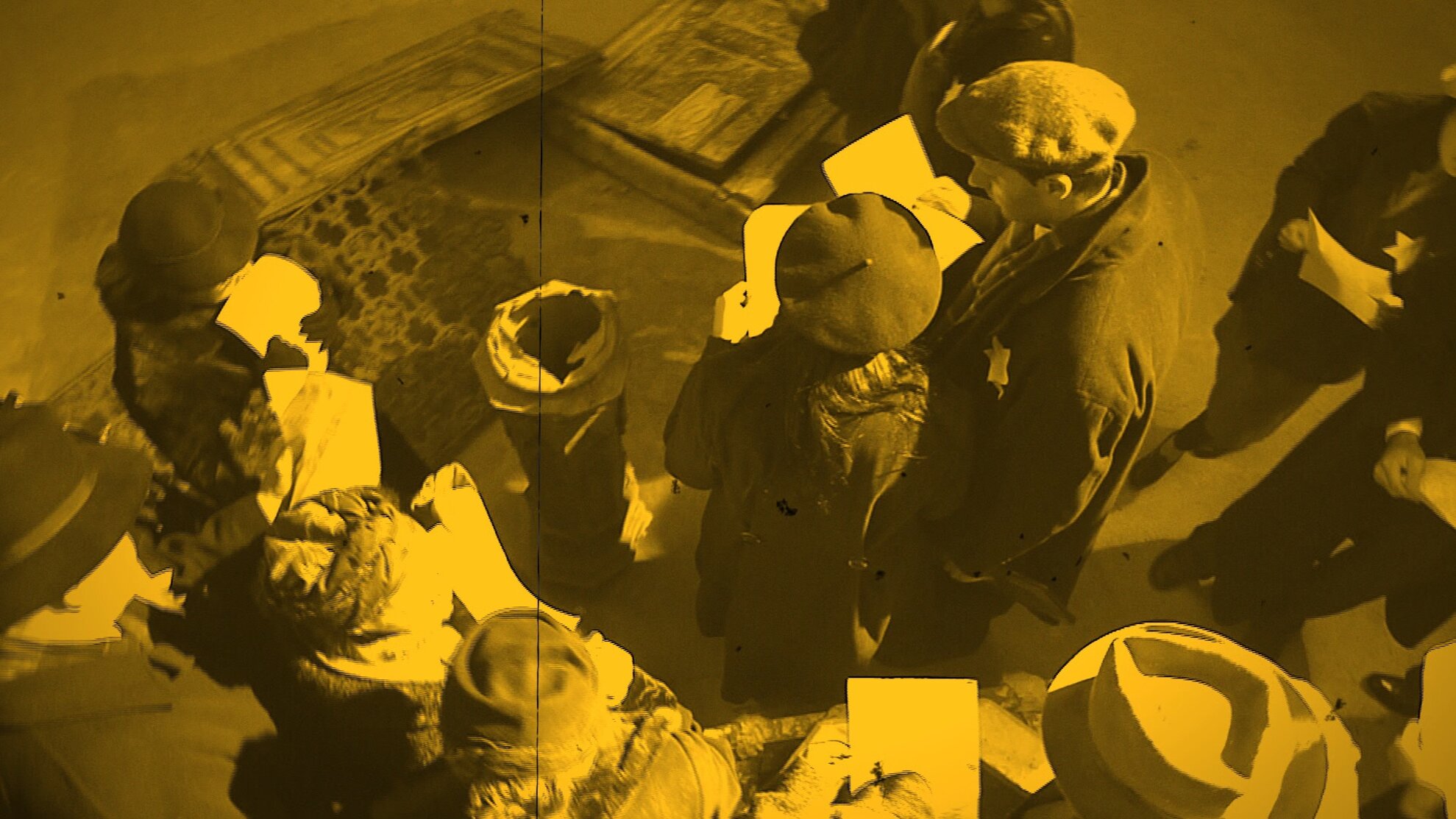
As the Red Army besieged Budapest with frequent shelling, Wallenberg traversed the ravaged city while repeatedly confronting Nazi authorities face-to-face to free countless Jewish civilians from almost-certain doom, going so far as to personally hand out protective passports to detainees in a prisoner train that was about to depart for Auschwitz, unfazed by the confused fascist goons shouting at him to go away and firing warning shots in his direction. However, the Nazis are generally not blamed for Wallenberg's vanishing – Stalin’s officers suspected that he was engaged in espionage, and called him to the Soviet field base in Debrecen to address these charges in mid-January of 1945. Wallenberg never returned from this journey, and his subsequent whereabouts are still a mystery.
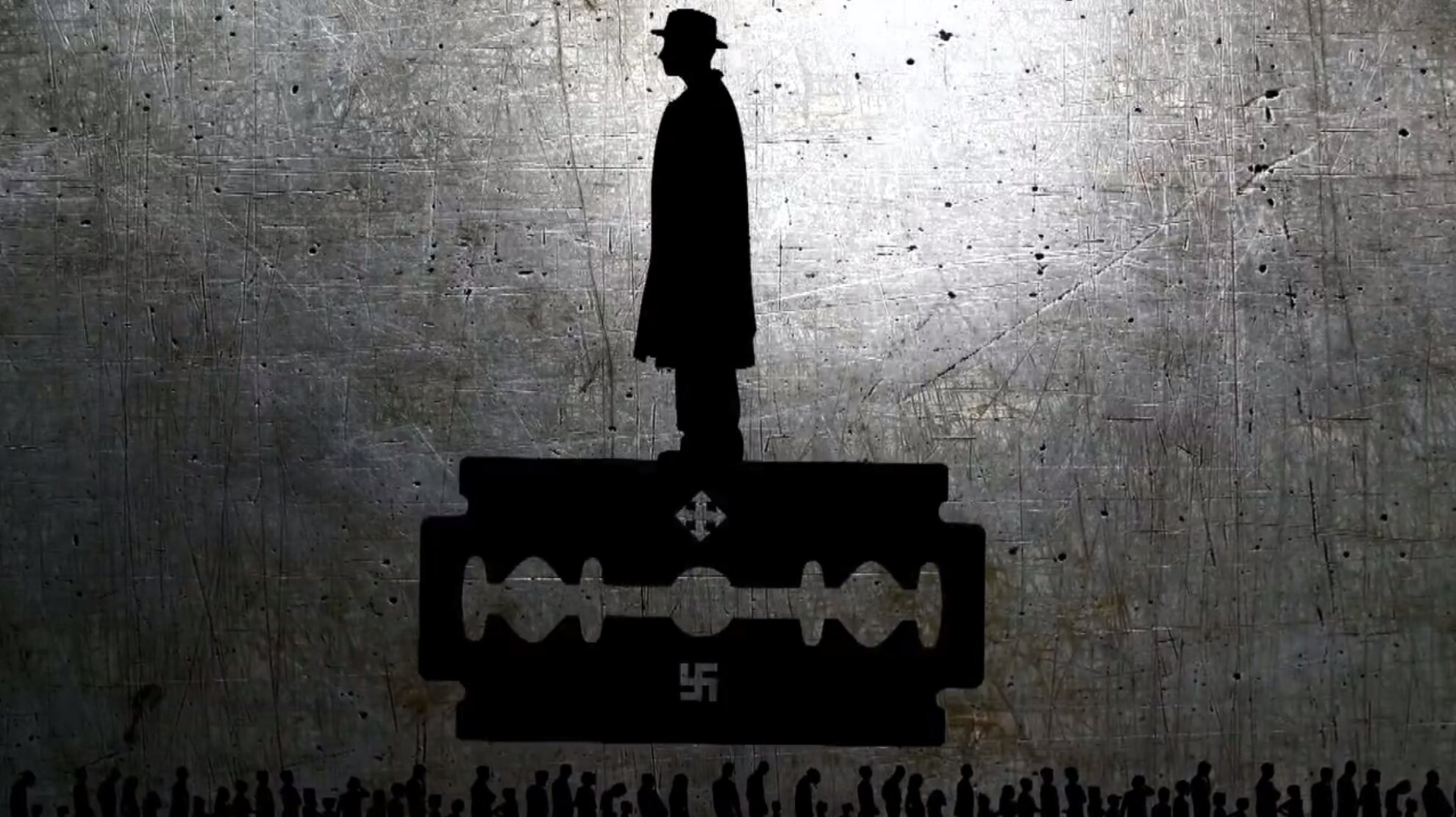
The Lost European chronicles Wallenberg’s valiant deeds with an educational-yet-engaging style, providing a comprehensive overview of this nonviolent WWII hero who used his privileged status to stand up against history’s most threatening forces. Several present-day global emissaries attended the film’s official premiere at Budapest’s historic Uránia cinema this week, including newly inaugurated United States Ambassador to Hungary Colleen Bell. As a longtime advocate for social causes, Ambassador Bell had the honor of meeting the late US Representative Tom Lantos – himself a Jewish-Hungarian Holocaust survivor who was sheltered in one of the safe houses set up by Wallenberg.

The US Deputy Chief of Mission to Hungary M. André Goodfriend attended the documentary’s premiere with Ambassador Bell, and told We Love Budapest that The Lost European would serve as an excellent resource on WWII history for students and the Hungarian community. “It is important to see film from that period, and to try to learn how to avoid anything like that from happening again,” said Mr. Goodfriend, expressing that Wallenberg’s heroism is an admirable example of the positive impact that an individual can make by choosing to be noble in the face of adversity. “This story is showing a part of Hungary’s history, a very bleak part, and it has a lot that people can learn from.”
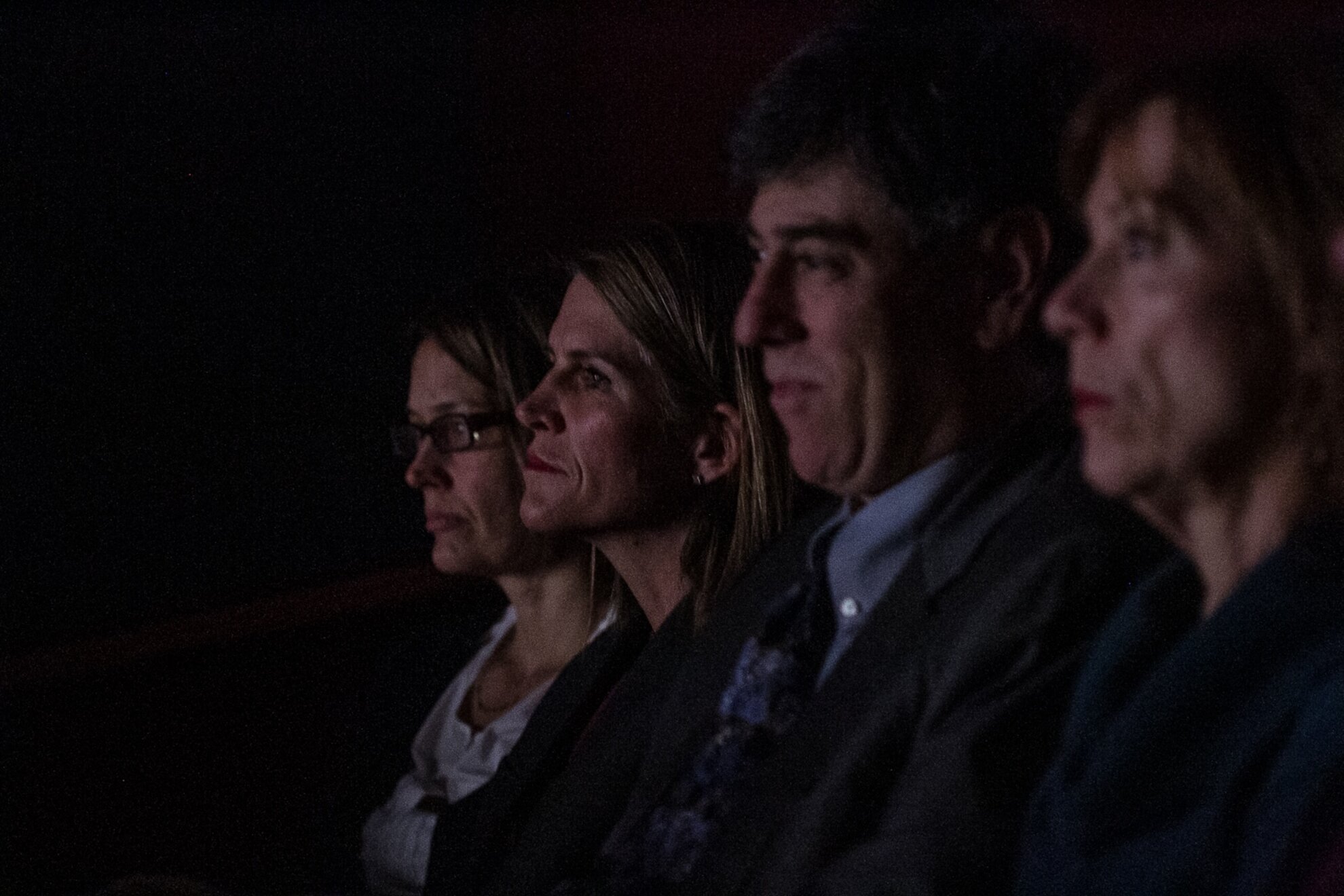
Representing Hungary’s Embassy of Sweden, Deputy Head of Mission Mikael Elmehed also attended the movie’s debut; for him, Wallenberg’s determined actions have a major influence, partly because he is now approximately the same age that his diplomatic predecessor was during his valorous service amid WWII. “It's mind-boggling... I cannot imagine it,” said Mr. Elmehed when asked by We Love Budapest what it might have felt like to be in Wallenberg’s perilous situation. “Obviously he must have been scared, but he was able to act fearlessly.”
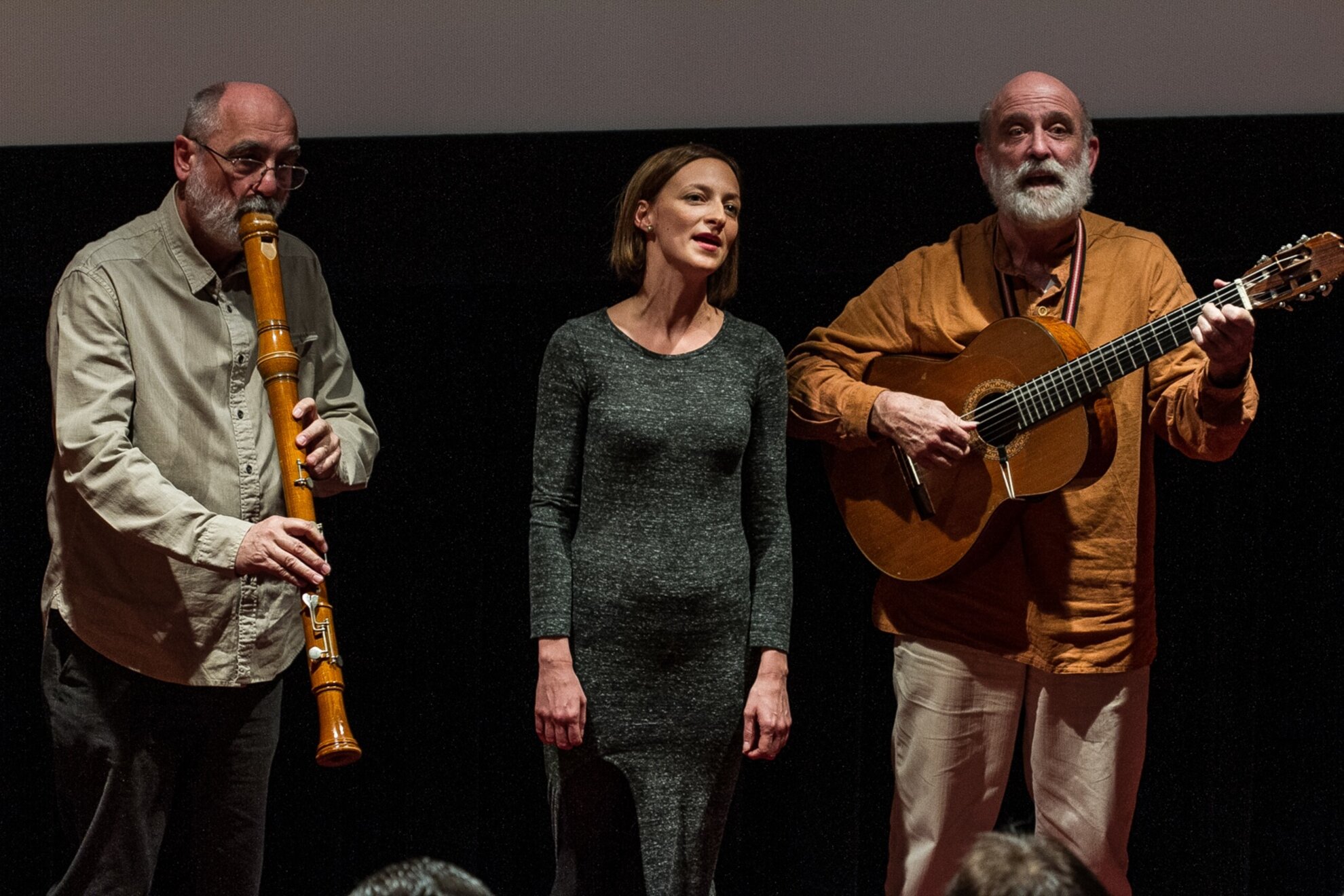
Just before the film’s premiere began, world-renowned Magyar folk singer Ági Szalóki joined brothers Dániel and Vilmos Gryllus to perform a traditional Yiddish song from eastern Hungary that is part of the soundtrack for The Lost European, setting a somber-yet-uplifting tone that fittingly scores Wallenberg’s moving legacy. The Lost European is now playing at the Uránia and Puskin cinemas – see the film’s official Facebook page for more information.
